Academic Freedom resolution passes
Student organizers met in front of ASDVC on April 30 to purpose a men’s soccer team at Diablo Valley College. (The Inquirer file photo).
September 13, 2018
The newest and final version of the Academic Freedom Resolution has been passed, claiming that Diablo Valley College will defend professors’ rights to academic freedom on campus.
Academic freedom entails that faculty members and students should be able to speak their minds and form opinions on subjects they are knowledgeable in, without fearing censorship or backlash. For the past four months, the social science division at DVC has been working towards advocating academic freedom by passing a resolution with the academic senate.
The Resolution to Reaffirm Commitment to Academic Freedom, the newest resolution, claims that the “Academic Senate of Diablo Valley College denounces attempts by any external political groups or individuals, donors, lobbyists to influence our college administration, the Contra Costa Community College District (CCCCD) Governing Board, or any legislative member or body to limit the expertise, pedagogy and academic freedom of our facility.”
The document also includes that “the Academic Senate of Diablo Valley College reaffirms our commitment to and support of Academic freedom, and will promote and endorse campus-wide dialog and education regarding this criticism principle.”
According to Lisa Smiley-Ratchford, the senate’s social science divisionary, the resolution is primarily focused around creating a dialog about academic freedom. She hopes to not only extend this dialog to DVC but to other community colleges in the area.
The previous resolution wanted the governing board of the Academic Senate to release a statement supporting academic freedom, and to condemn attempts to diminish it, stating “(a) request the (CCCCD) Governing Board to publicly reaffirm the District’s commitment to academic freedom by publicly condemning efforts to undermine it.”
The document also urged the Governing Board to publish a statement on supporting academic freedom.
With the new resolution now in place, the focus is more towards becoming educated and creating a dialog about academic freedom.
“It’s an issue that impacts all of us (faculty),” said Smiley-Ratchford. “This conversation will show how it impacts all (academic) disciplines.”
Selected DVC representatives will be attending a conference at Berkeley City College on Sept. 28 regarding academic freedom. With this, the academic senate hopes to get DVC involved in the conversation, to share what they learned, and get faculty and students involved.
“It’s an important conversation,” said academic senate president Beth McBrien.
“I’m glad the social science division is bringing up the subject of academic freedom.”
While the newest resolution has passed, implementation of the what the document will exactly do for professors still remains in question to faculty.
“I won’t be satisfied until I’m ensured that the college will protect academic freedom,” said history professor Scott McDougall. “The college needs to make sure they are doing everything they can.”
This issue came into light after several incidents of doxxing involving DVC professors that occurred last school year. One of the professors, Eric Clanton, pled no contest in August to a misdemeanor battery charge during a confrontation between right-wing and antifascist protestors, according to the Berkeleyside news website. Another had been given a public lecture on the history of white supremacy in America.
After both doxxings, a dialogue began about the rights and idea of academic freedom. One of the professors, Eric Clanton, had taken a three-year probation deal after pleading no contest last month on Aug 8 according to Berkeleyside.
The original resolution was proposed once more on May 22 for adoption after its original proposal on May 1. The resolution was voted down for adoption. However, the social science division then took time over the summer to draft a new resolution.
“We decided to regroup,” said Smiley-Ratchford. “We wanted to reflect on the resolution and the overall goals of it.”
The next Academic Senate meeting will be on Sept. 29, DVC representatives who attended the academic freedom conference in Berkeley will regroup and discuss the topic thoroughly.





































































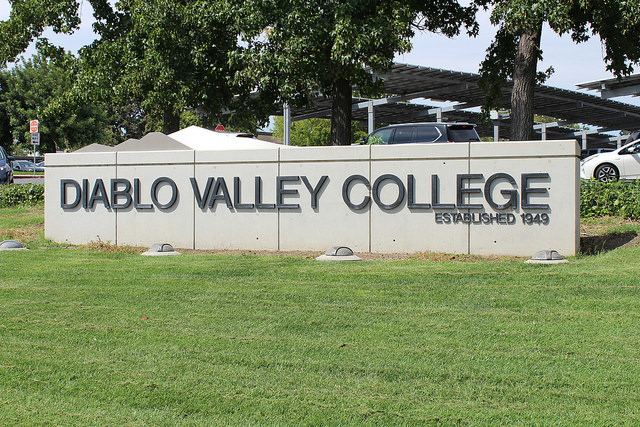
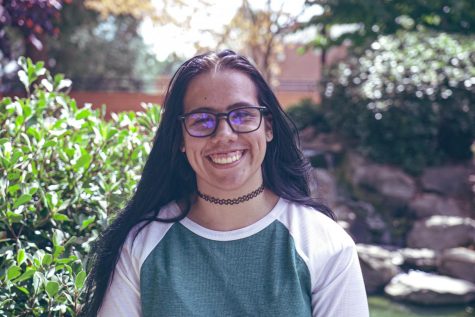
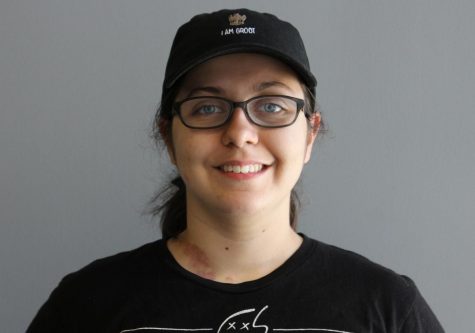
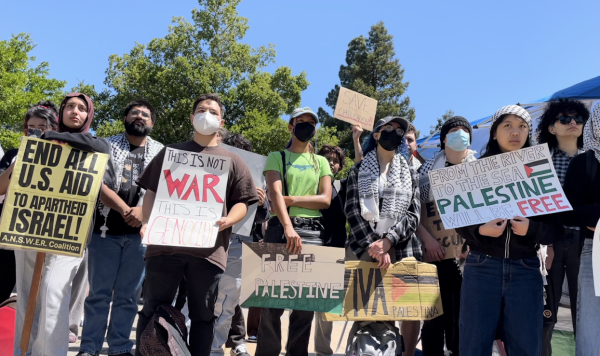



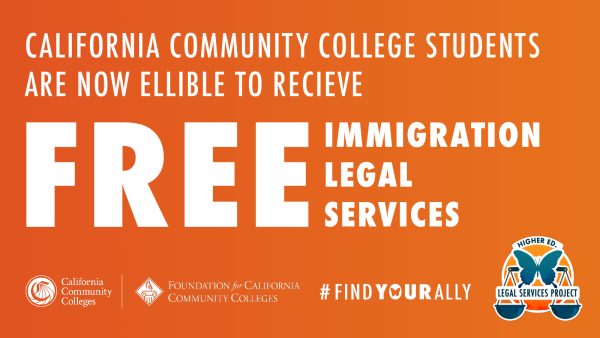
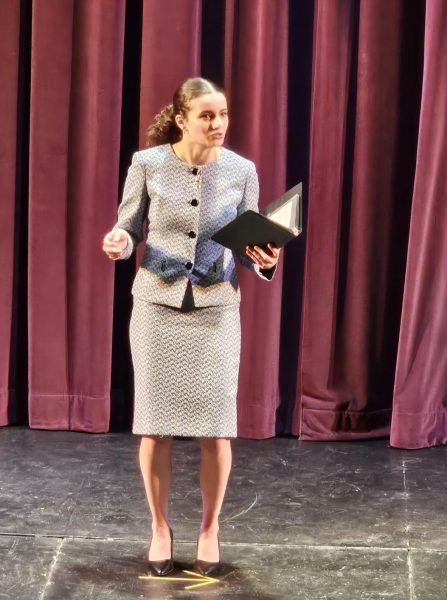

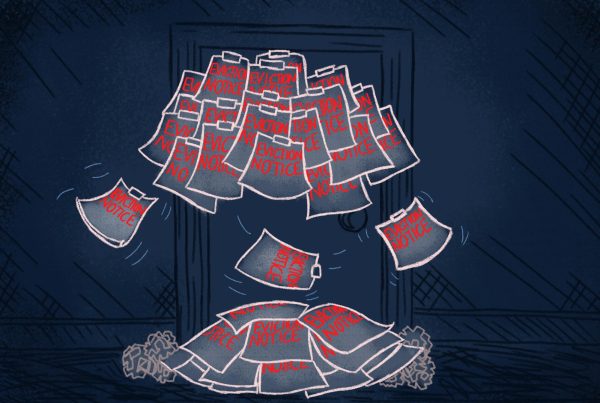


William Jarrell • Sep 17, 2018 at 9:33 pm
I don’t see how being accused of hitting a person in the head with a bicycle U lock can be connected to “academic freedom.” I’m not saying that Eric Clanton wasn’t entitled to the presumption of innocence and other aspects of due process but being doxxed as a result of violent criminal behavior hardly makes him the poster person for academic freedom.
Rene Gray • Sep 14, 2018 at 7:08 am
How can ERIC CLANTON be noted in this article? Academic Freedom doesn’t include battery, does it? Or is it included for one side, but not the other? ERIC CLANTON should be no one’s poster child.